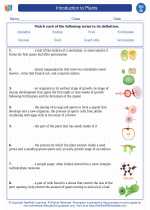Nuts in Biology
Nuts are a type of fruit that is composed of a hard shell and a seed. In biology, nuts are classified as a type of fruit known as a "indeciscent" fruit, meaning that the fruit does not split open to release the seed. Instead, the shell of the nut protects the seed inside. Nuts can be a rich source of nutrients and are an important part of the diet for many animals, including humans.
Types of Nuts
There are many types of nuts, each with its own unique characteristics. Some common examples of nuts include:
- Almonds
- Walnuts
- Peanuts
- Cashews
- Pistachios
- Hazelnuts
- Macadamia nuts
Structure of Nuts
Nuts have a protective outer shell that surrounds the seed. This shell can be quite hard and is often difficult to break open. Inside the shell, the seed is enclosed in a protective layer called the seed coat. This structure helps to protect the seed from damage and provides nutrients for the developing plant.
Uses of Nuts
Nuts are an important food source for many animals, including humans. They are rich in protein, healthy fats, vitamins, and minerals. Nuts are often consumed as a snack or used as ingredients in cooking and baking. Additionally, some nuts are used to produce oils, which have many culinary and industrial uses.
Study Guide
To study the topic of nuts in biology, it is important to understand the following key points:
- Identify the characteristics of nuts as a type of fruit.
- Describe the structure of nuts, including the protective outer shell and the seed inside.
- Explain the nutritional value and uses of nuts in the diet.
- Compare and contrast different types of nuts, including their nutritional content and uses.
Additionally, it can be helpful to explore the ecological role of nuts as a food source for wildlife and their importance in plant reproduction.
Studying the topic of nuts in biology can provide insights into plant anatomy, nutrition, and the role of nuts in ecosystems.
[Nuts] Related Worksheets and Study Guides:
.◂Biology Worksheets and Study Guides High School. Introduction to plants
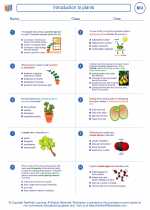
 Worksheet/Answer key
Worksheet/Answer key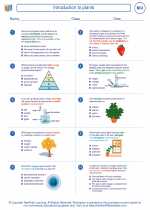
 Worksheet/Answer key
Worksheet/Answer key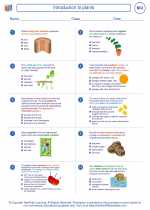
 Vocabulary/Answer key
Vocabulary/Answer key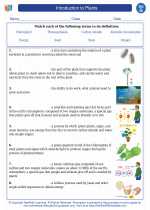
 Vocabulary/Answer key
Vocabulary/Answer key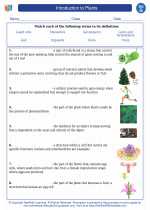
 Vocabulary/Answer key
Vocabulary/Answer key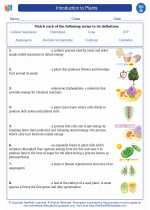
 Vocabulary/Answer key
Vocabulary/Answer key
 Vocabulary/Answer key
Vocabulary/Answer key